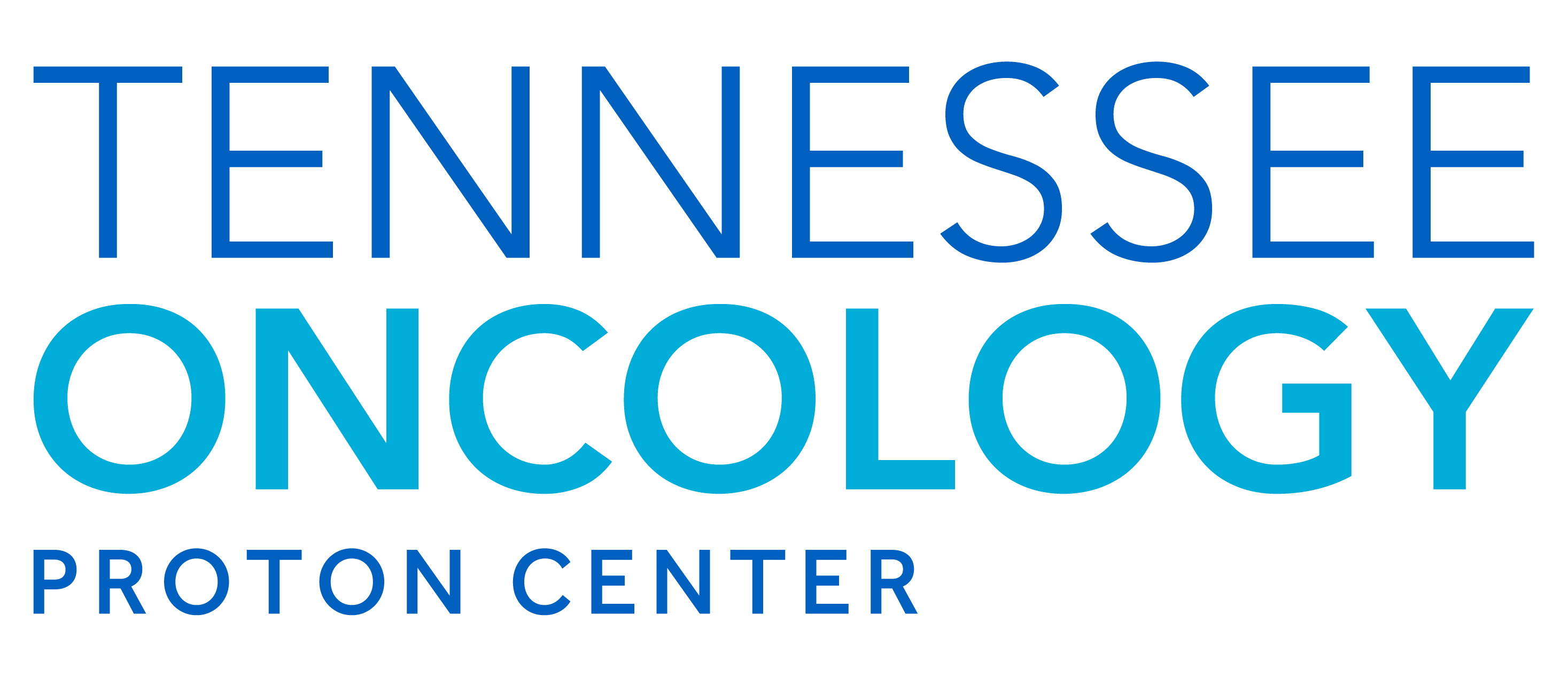The ROCR Act of 2025: Revolutionizing Radiation Therapy for Enhanced Patient Care
Estimated Reading Time: 6 minutes
Table of Contents
1. What is the ROCR Act, and Why Does it Matter?
The landscape of healthcare is constantly evolving, and at Tennessee Oncology Proton Center, we are always working to keep our patients informed about developments that could impact their care. A significant bipartisan legislative initiative, the Radiation Oncology Case Rate (ROCR) Value Based Program Act of 2025 (also known as the ROCR Act), was recently reintroduced in March 2025 by Senators Thom Tillis (R-NC) and Mr. Peters (D-MI), among others. This bill aims to fundamentally transform how radiation therapy services are paid for under Medicare, with a strong focus on patient-centered, high-value care.
For years, the Centers for Medicare & Medicaid Services (CMS) has faced challenges in accurately pricing complex services like radiation therapy, leading to fluctuating payment rates. The current payment systems have often incentivized a greater volume of care rather than focusing on the best outcomes for patients. The ROCR Act seeks to address these issues by creating a new payment program that prioritizes quality, cost containment, and patient-centered treatment.
2. Key Benefits: Improving Access and Quality for Patients
The ROCR Act is designed with you, the patient, in mind. Here are some of the program’s primary goals and how they could benefit your radiation therapy journey:
- Stable, Unified Payments: The Act aims to create more consistent and predictable payments for radiation therapy services, which can lead to greater stability for providers and, in turn, for patient access to care.
- Reduced Disparities and Increased Access: A core objective is to ensure that all Medicare beneficiaries, regardless of their location, have better access to high-quality radiation therapy services close to their homes.
- Enhanced Quality of Care: The program encourages practices to achieve and maintain accreditation, promoting the highest standards of care and potentially leading to more efficient treatment plans, including shorter courses when clinically appropriate.
- Leveraging State-of-the-Art Technology: The Act supports and encourages the use of the latest technological advancements to improve treatment outcomes. While some newer technologies like proton beam radiation therapy and brachytherapy are initially excluded from the new payment model for a transitional period, the bill includes provisions for future review and potential inclusion, ensuring continued innovation in patient care.
3. Supporting Your Journey: The Transportation Add-on
One of the most innovative and patient-focused aspects of the ROCR Act is the creation of a Health Equity Achievement in Radiation Therapy (HEART) add-on payment. This additional payment is specifically designed to help advance health equity and ensure patients can access and complete their radiation therapy treatments by supporting transportation services.
If you face challenges with reliable transportation to your appointments (identified through a simple screening question at intake), your radiation therapy provider may be eligible to receive this add-on payment. This funding can then be used to provide free or discounted transportation options, such as car services, ride shares, autonomous vehicles, or public transportation. Please note, this program does not cover air, luxury, or ambulance-level transportation. This provision helps ensure that transportation barriers do not prevent you from receiving the critical care you need.
4. Ensuring Excellence: What This Means for Your Care Team
For healthcare providers like Tennessee Oncology Proton Center, the ROCR Act brings important changes aimed at enhancing the quality and efficiency of radiation oncology services. The program shifts from a per-fraction payment to a per-patient, “episode of care” payment model, encouraging comprehensive and coordinated treatment. This bundled payment approach incentivizes patient-centered, efficient, and high-value care.
A key component for providers is the emphasis on accreditation. The Act introduces quality incentives, including potential payment increases for facilities that maintain or are in the process of obtaining accreditation from recognized organizations such as the American College of Radiology, American College of Radiation Oncology, or the American Society for Radiation Oncology (ASTRO). These accreditation requirements ensure that your care team adheres to rigorous quality standards, covering technology, staffing, and patient safety.
The American Society for Radiation Oncology (ASTRO) has been a significant advocate for the ROCR program, seeing it as the best opportunity to maintain cutting-edge care for patients by reversing declining Medicare Part B payments and ensuring long-term rate stability for radiation oncology services. You can learn more about ASTRO’s advocacy for the ROCR program here: ASTRO’s ROCR Advocacy.
5. The Future of Radiation Oncology: Stability and Innovation
The ROCR Act represents a significant step towards a more sustainable and patient-focused future for radiation oncology. By promoting stable payment rates, incentivizing quality, and addressing critical access issues like transportation, the bill aims to improve the overall experience and outcomes for cancer patients receiving radiation therapy.
As this legislation moves forward, Tennessee Oncology Proton Center remains committed to providing you with the highest standard of care, utilizing advanced technologies, and advocating for policies that support your health and well-being.





